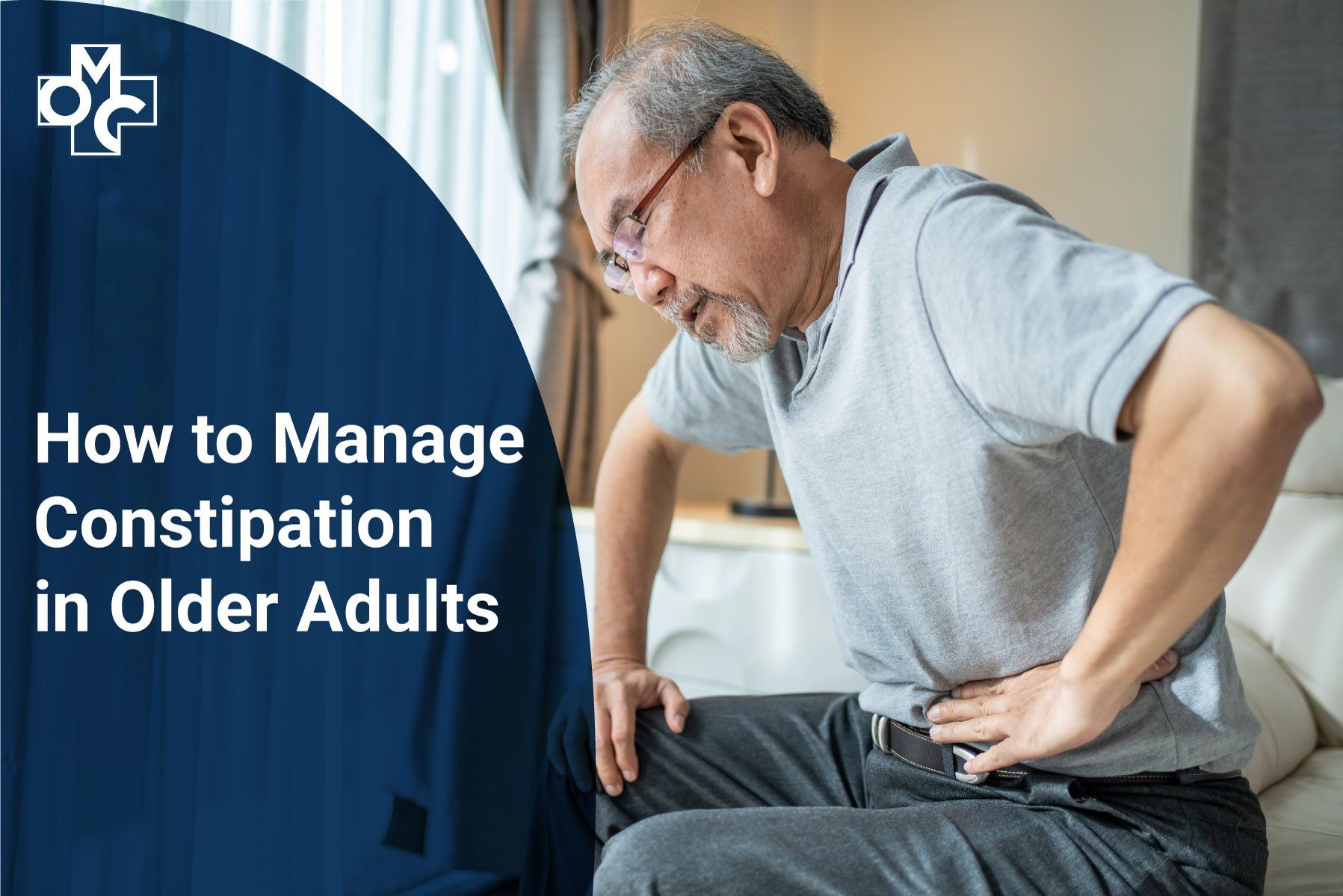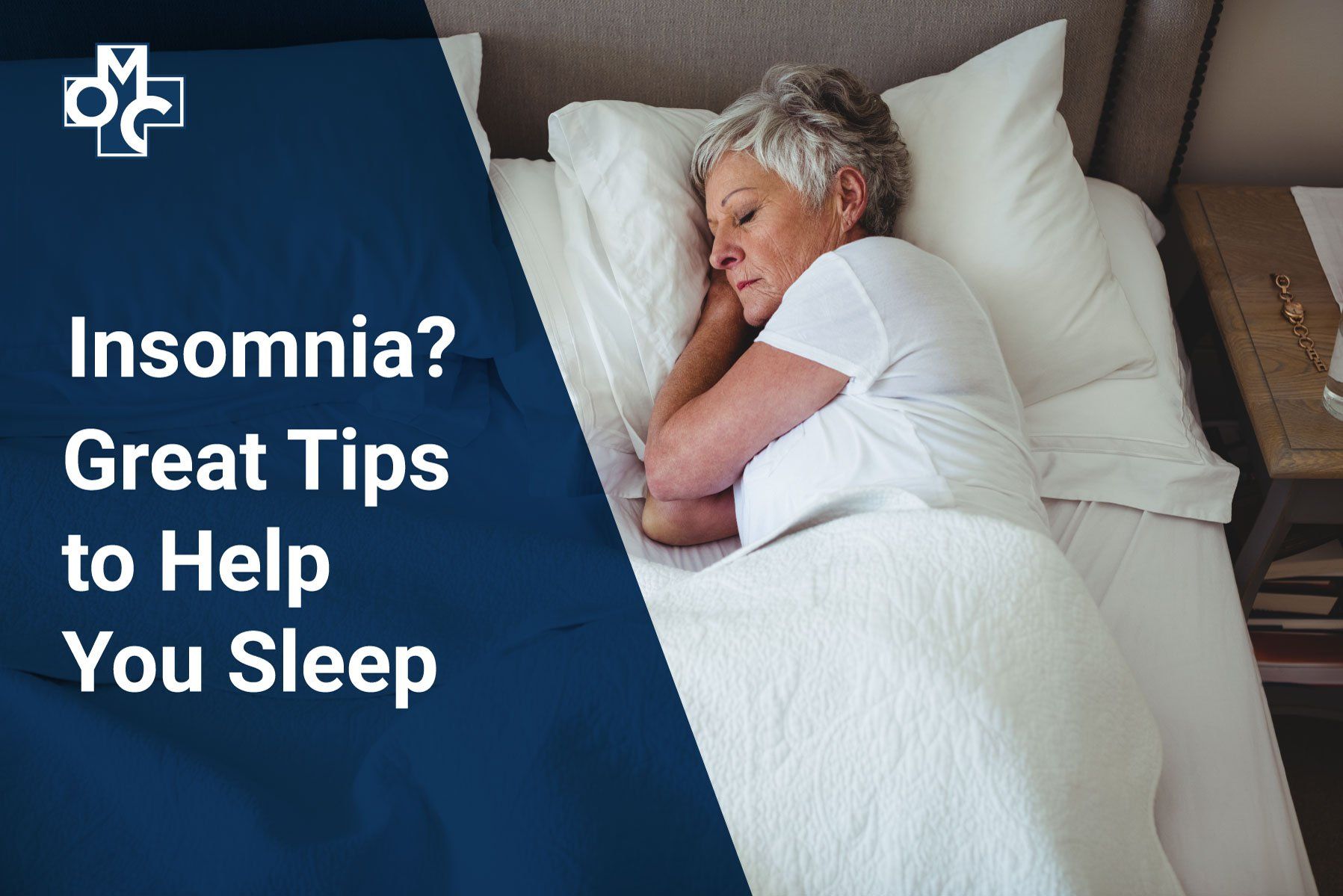How to Manage Constipation in Older Adults


As people get older, they become more prone to constipation. Though it's usually not a severe health problem, it can sometimes be the first symptom of an undiagnosed colon or bowel disease that requires immediate medical attention. Moreover, it can cause pain and discomfort and interfere with their quality of life. Luckily, there are many ways to treat and prevent constipation.
This article examines what constipation is, the symptoms to watch out for, and how to manage it.
A Brief Overview of Constipation
Constipation is a condition where an individual has a hard and dry stool and decreased frequency of bowel movements to fewer than three times per week. While bowel movements may be frequent for some people, others can do it only once or twice a week. Up to 65% of community-based people aged over 65 have it, and about 40% of them have hard stools. In fact, digestive disorders account for most of all doctor visits in this population. Though older people tend to have this problem, chronic constipation can make daily life more difficult. Apart from causing pain and discomfort, this condition may also cause complications such as blockage, bleeding, or dehydration.
What Causes Constipation in the Elderly?
Causes vary depending on an individual's condition but can include:
- Poor diet
- Lack of exercise
- Lack of adequate fluids
- Usage of drugs in treating illnesses
- Poor bowel habits
Furthermore, you can attribute it to a lack of fiber in their diet and other confounding factors such as body system disorders, impaired mental status, etc. For example, those who have lost teeth might have difficulty eating proper meals.
Stress and urinary incontinence are common ailments among older adults, as well. They might also take insufficient fluids to prevent urinating. If the elderly do not consume balanced meals or regular meals, they may lack fluids. Water adds bulk to stools, relieving constipation and softening them.
Older adults are also susceptible to constipation when bedridden or prolonged bed rest. Reduced mobility increases the risk. Likewise, the elderly may suffer from constipation from drugs prescribed for specific medical conditions. These include antihistamines, diuretics, antidepressants, and antacids.
What Are the Signs and Symptoms of Constipation?
Here are some warning signs and symptoms of constipation you should watch out for:
- Fewer than three bowel movements per week
- Straining during bowel movements
- General discomfort or pain in the lower abdomen area
- Your rectum feels blocked, preventing you from passing stools
- Needing assistance to empty your rectum, such as applying pressure to your abdomen or using a finger to remove stool
- Difficult or painful bowel movements
- Feeling bloated and nauseous
- Having bulky or hard stools
Management of Constipation in the Elderly
Managing chronic constipation in the elderly involves restoring regular bowel habits without straining and improving quality of life with few side effects. Moreover, the treatment should be directed toward the underlying cause when possible. Listed below are some ways to address constipation.
Consider Lifestyle Changes
Make small lifestyle changes at a time. Start by adding a few of these things to your schedule until you establish a good daily routine:
- Do some light exercises. Walk for at least 15 minutes per day.
- Include high-fiber ingredients such as beans and lentils in your dishes.
- Get adequate sleep and keep a regular sleeping schedule
- Keep your mealtimes consistent throughout the day.
- Drink water 30 minutes before eating breakfast.
- Always keep water on hand to stay hydrated
- Reduce taking coffee and alcohol as much as possible.
- If you feel like having a bowel movement, do it as quickly as possible. Never hold it in.
Increase Fiber Intake
Want to ease your constipation issues? Add more fiber to your diet. Fiber is a mixture of complex carbohydrates. Your body cannot digest fiber, so it passes through your small intestine untouched, adding bulk to stools and speeding the passage of food through your digestive tract. Below are foods high in dietary fiber:
- Porridge, bran, nuts, oatmeal, and flaxseeds.
- Fruits and vegetables have high fiber content, especially when the skin is left on.
- Whole-grain varieties of bread, cereals, rice, and pasta.
- Add chickpeas, kidney beans, or lentils.
Furthermore, older adults should achieve the recommended 20–30 g of fiber per day.
Add a Fiber Supplement to Your Diet
Fiber supplements can be necessary if your diet is insufficient to provide this nutrient. Almost every drug store and grocery store sells fiber pills and powders. If you choose to take it, consider taking fiber supplements (such as Metamucil®, Citrucel®, and Benefiber®).
Train Your Bowels
If possible, attempt defecation first thing in the morning or within 30 minutes after eating. Do it in a "semi-squatting" position. You can use a footstool and lean forward on the toilet to do this. This helps the stool enter the anal canal, thus straightening the anorectal junction. Defecation should be unhurried; sufficient time and privacy are necessary to perform bowel movements.
Medical Constipation Treatments for the Elderly
When older adults fail to improve from this type of first-round treatment, the American Society of Gastroenterology recommends more in-depth constipation evaluation. They may advise other treatments such as:
Prescription Medications
Various Rx medicines work differently if OTC products don't provide enough relief. For older adults, talk with your physician about the best type of treatment for your constipation.
- Linaclotide (Linzess). It treats chronic idiopathic constipation (CIC) and irritable bowel syndrome (IBS-C). Linaclotide helps by drawing water into your intestines, so stools pass quickly and more bowel movements occur. Linaclotide is a capsule you need to take once a day.
- Plecanatide (Trulance). It is a pill you take once a day. The fluid it produces in your intestines allows your stool to pass through easily. One of the possible side effects is diarrhea.
- Prucalopride (Motegrity): It facilitates the passage of your stool through your bowel. Prucalopride can also treat long-term constipation without a known cause or CIC. Typical side effects include headaches, dizziness, nausea, diarrhea, and vomiting. Contact your doctor right away when this happens.
Laxatives
Now and then, you might need to take a laxative to get your bowels moving. Laxatives are effective, but they aren't suitable for long-term use.
The osmotic laxative is the best laxative for the elderly. Most older adults tolerate polyethylene glycol (MiraLAX) well and use it daily. Senna and other stimulant laxatives are often helpful, too. You can also combine them with an osmotic laxative.
Enema Administration
If an older person hasn't pooped for a few days, enemas can certainly help prevent a painful fecal impaction. Older adults should avoid saline enemas; instead, use warm water enemas or mineral oil enemas.
Suppositories
These are medicated pellets inserted into the rectum, usually in a capsule or small glass ampule. Suppositories for constipation may be used to treat constipation due to medical conditions or not respond to other treatments. Common choices include glycerin and bisacodyl (Dulcolax).
Biofeedback
This helps you control your bowel movements by training your muscles. Your therapist uses a machine that teaches you to relax your pelvic floor muscles to have a bowel movement.
Surgery
If other treatments don't work, your doctor may recommend surgery to treat a rectal prolapsed anorectal blockage. He may remove your colon if your colon muscles aren't working correctly. Find out what the risks and benefits of surgery are before having it.
Conclusion
Even if it takes time, you can overcome constipation. Changes in your diet, lifestyle, water intake, and physical activity will help improve your digestion.
Ocana Medical Care, located in Tampa, FL, aims to bring you as much information as possible to keep you healthy. We're in this together. #ocanacares











